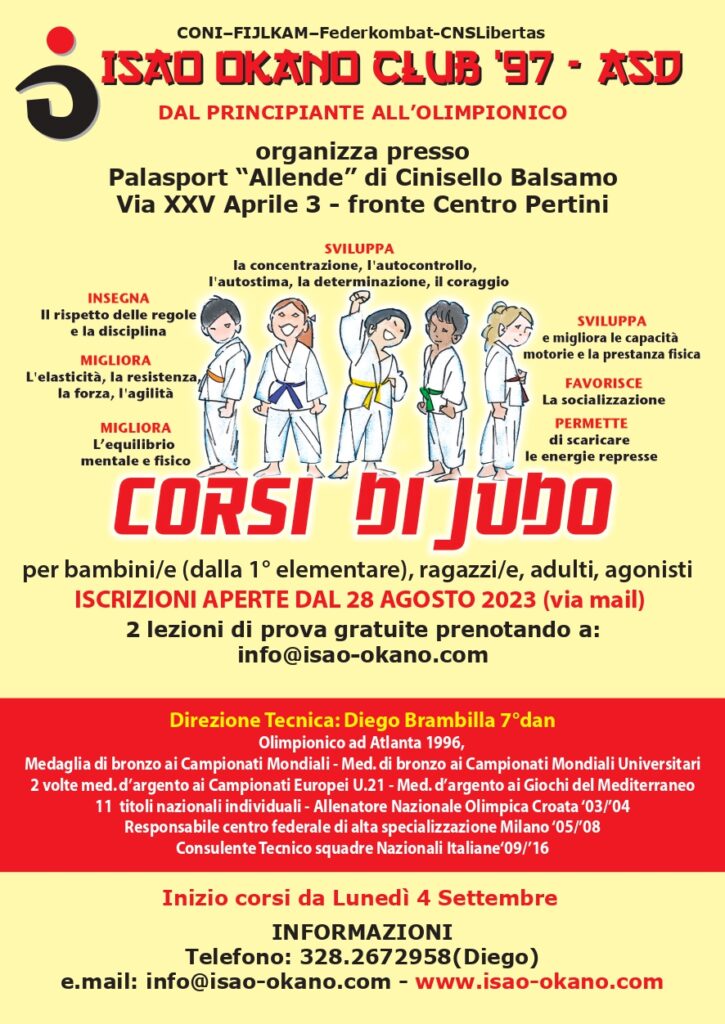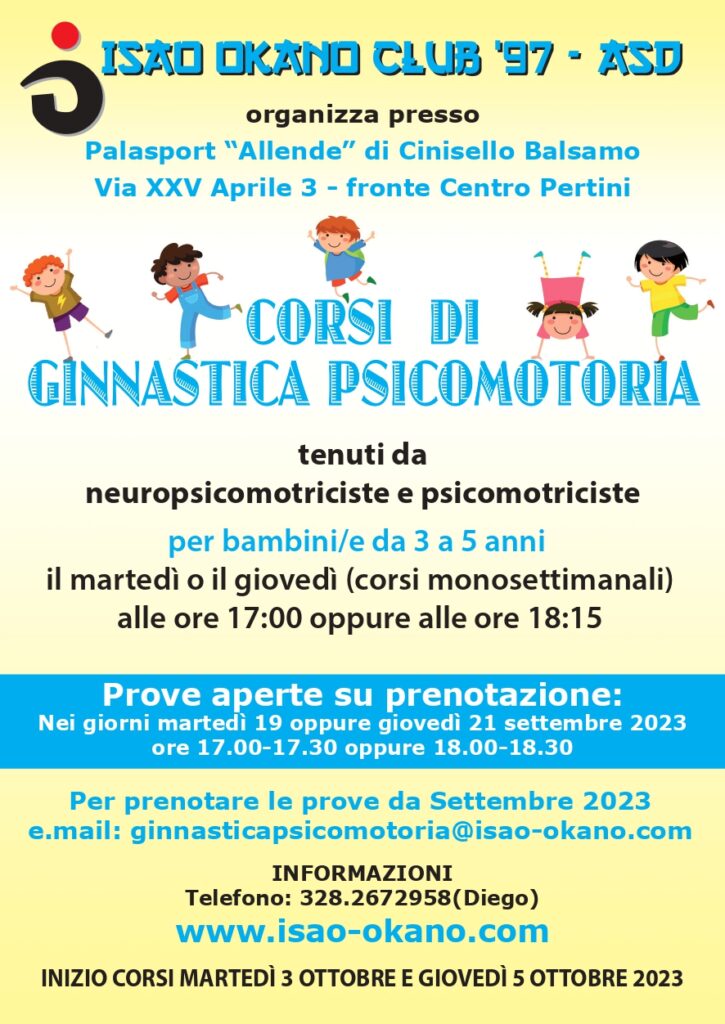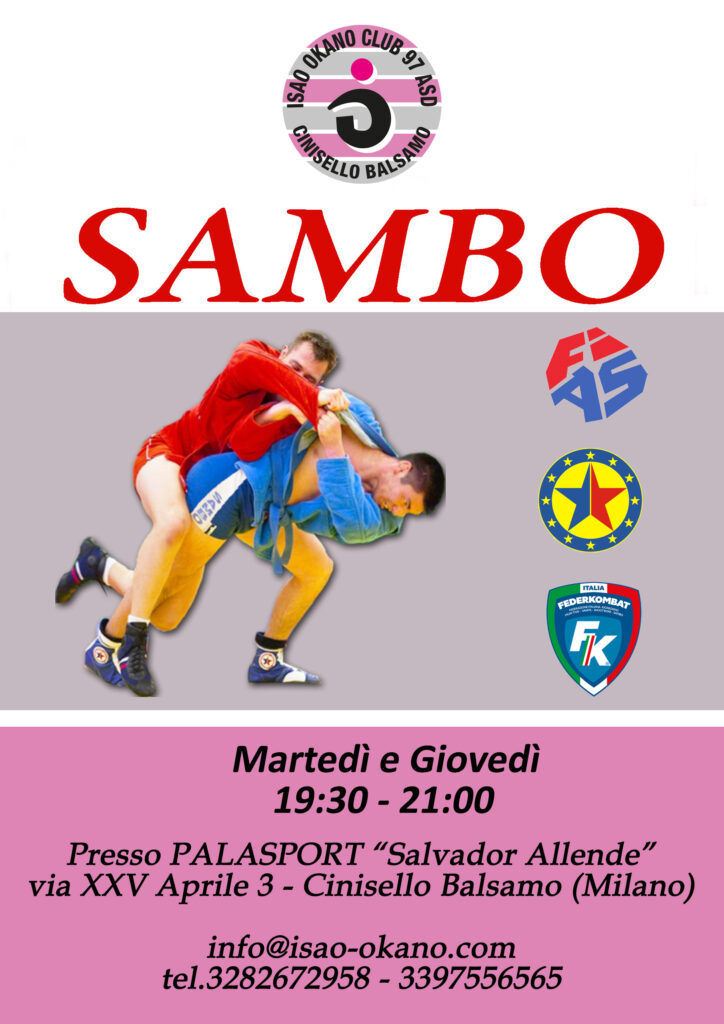






THE JUDO
What is Judo?
Judo is a complete and symmetrical sport discipline that has as its principle the best use of energy, in order to project the opponent or to immobilize him on the ground.
Who practices Judo?
Judo is suitable and recommended for all people, without distinction. It can be undertaken at any age starting from 5 - 6 years and continuing until old age.
Where and how is it practiced?
Judo is practiced on a mat, called in Japanese "tatami", specially designed to avoid trauma and bruising. It is practiced barefoot by wearing 'judo-gi' which is a white, resistant cotton garment made up of trousers and a jacket closed by a belt, also made of cotton, knotted at the waist.
Why is it practiced?
To obtain a better psycho-physical condition by increasing, through practice, athletic performance as well as a stronger concentration, decision-making ability, self-control, conviction in one's own means and potential. In addition, Judo, despite being an individual sport, has a great social value due to the need to train with many companions, to face always different situations. All this leads to enriching the experience of the individual in a climate of general growth of the group.
Where does Judo come from?
Judo was born in Japan by Jigoro Kano who codified its techniques making it derive from Ju-Jitsu (ancient martial art that the Samurai practiced in hand-to-hand combat). Jigoro Kano himself founded the first Judo school in Tokyo in 1882 which he called Kodokan. Since then, its diffusion was unstoppable: first in all schools and universities in Japan and then, starting in the 1920s, all over the world.
The 'degrees' in Judo.
In Judo there are different levels of learning that are easily identifiable thanks to the color of the belt of those who practice it. The colors used for the belts are: white, yellow, orange, green, blue and brown. The black belt from 1st to 5th dan represents the expert, while the red-white one the masters from 6th to 8th dan. Red 9th and 10th dan.
Judo and culture.
In addition to transmitting very important principles for the development of the individual and interpersonal relationships, Judo is a very valid means of approaching and understanding the oriental culture which always exerts a particular charm on us Westerners and arouses considerable curiosity.
Judo and competition.
Already in the 50s the Judo world championships were held, but the great sporting value of this discipline was sanctioned by the introduction in the Tokyo Olympic Games in 1964. Today thousands of national and international competitions are held and there is a tournament circuit. of the highest level attended by the best representatives of all nations. Competitions of an absolute nature are held in seven male and seven female weight categories.



